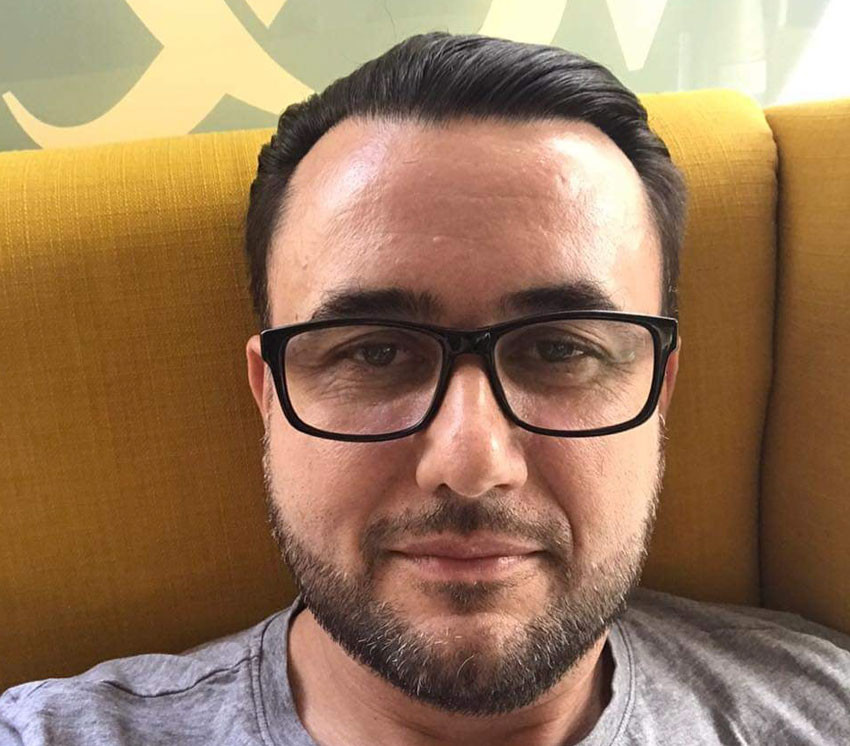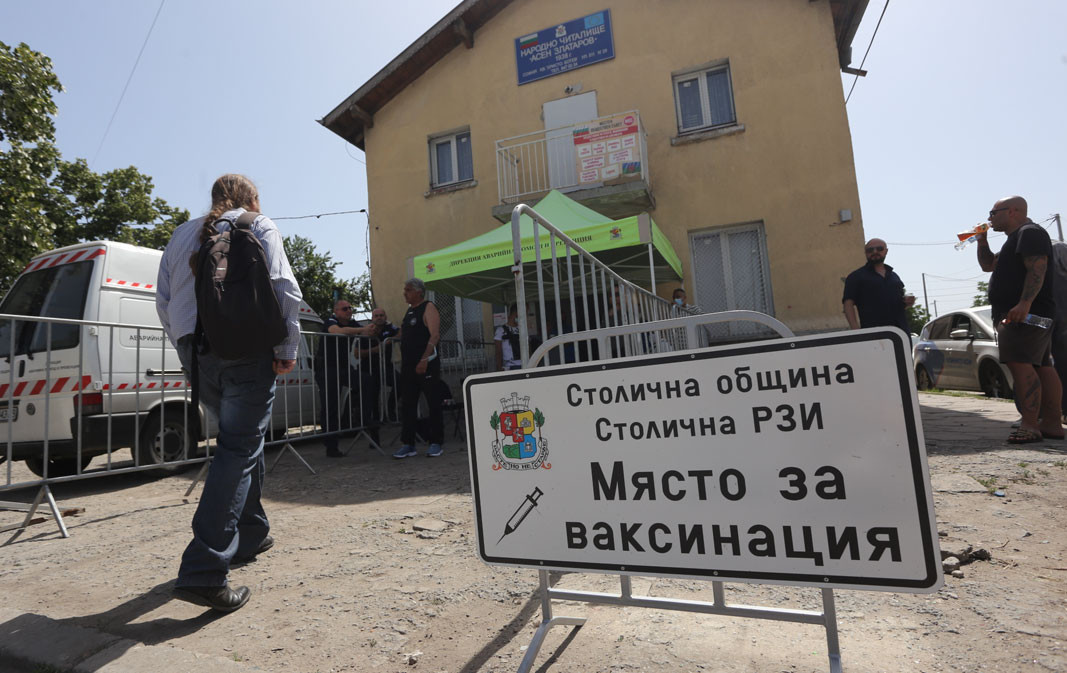About 14% of Bulgarians have been fully vaccinated against Covid-19 and nearly 16% have received a single dose, according to the latest data from the European Center for Disease Prevention and Control. This means that this country is in the middle of the European vaccination route (35.7 percent of European citizens have completed the immunization cycle). It is interesting that the low results have been reported not only among specific groups in Bulgarian society that have low healthcare culture, but even among Bulgarian physicians. The situation is particularly alarming given the existence of the Delta variant of the coronavirus in Europe, which is believed to be significantly more contagious than current strains.
In mid-June, European Commissioner for Health, Stella Kyriakides, visited Bulgaria and called on people to trust in vaccines. However, despite the fact that free access to vaccines is provided through the vaccination centers and General Practitioners, as well as through various vaccination campaigns organized in malls, parks, etc., the number of those Bulgarians wishing to get vaccinated has been declining. Even the possibility of freer movement after vaccination and the European immunization certificate has not made interest rise. The question is - why?
"The Bulgarian state has its responsibility for this situation, starting with the problems associated with the delivery of vaccines," social psychologist Prof. Nikolay Dimitrov says:

"We were late in providing vaccines and there were problems with structuring the lists of groups that should be vaccinated with priority. Also, there was a delay in deliveries from the vaccine manufacturers themselves. At organizational level, we have been lagging behind other countries. "
Distrust of vaccines in this country has been largely caused by the chaotic measures of the government throughout the pandemic, Prof. Dimitrov says. According to him, it is difficult for Bulgarians to trust authorities, especially when it comes to their health. And when a person is in a situation where they need information but cannot receive it, there is no way to make an informed choice. The role of the media is huge, but it should not be overestimated, Prof. Dimitrov says. According to him, there is distrust in official information sources and that is why people in this country very often resort to informal channels, which are full of fake news, conspiracy theories about "chipping" and so on.

"A few days ago, the campaign for health mediation among the Roma population began - an extremely important move. Such an approach would be useful for the rest of the population too, because very often the people we trust are not those on television screens, but those among us, whom we meet every day. Moreover, many Bulgarians look for external reasons behind things that happen in their lives. This is typical of us - we tend to wait for someone else to fix us. So, the government must win the trust of a large part of the population by directing its campaign to those people who first wait for someone else to do something, but at the same time do not trust them," Assoc. Prof. Nikolay Dimitrov says in conclusion.
English: Alexander Markov
Photos: BGNES, libraryTimișoara, a large multicultural city in western Romania, is the center of the historical community of the Banat Bulgarians . The members of this community are descendants of settlers from the Bulgarian lands nearly three centuries ago, who have..
In Gabrovo – a city in the geographical center of Bulgaria, once described as the Bulgarian Manchester, but today facing demographic challenges – there are young people who believe that the future can be better and that this largely..
For 15 years, Stela Nedkova has been living in Brussels . After completing her education in Bulgaria, she decided to test herself in a different reality to see whether she could handle life’s challenges on her own, without her parents’ help. Stela faced..

+359 2 9336 661
